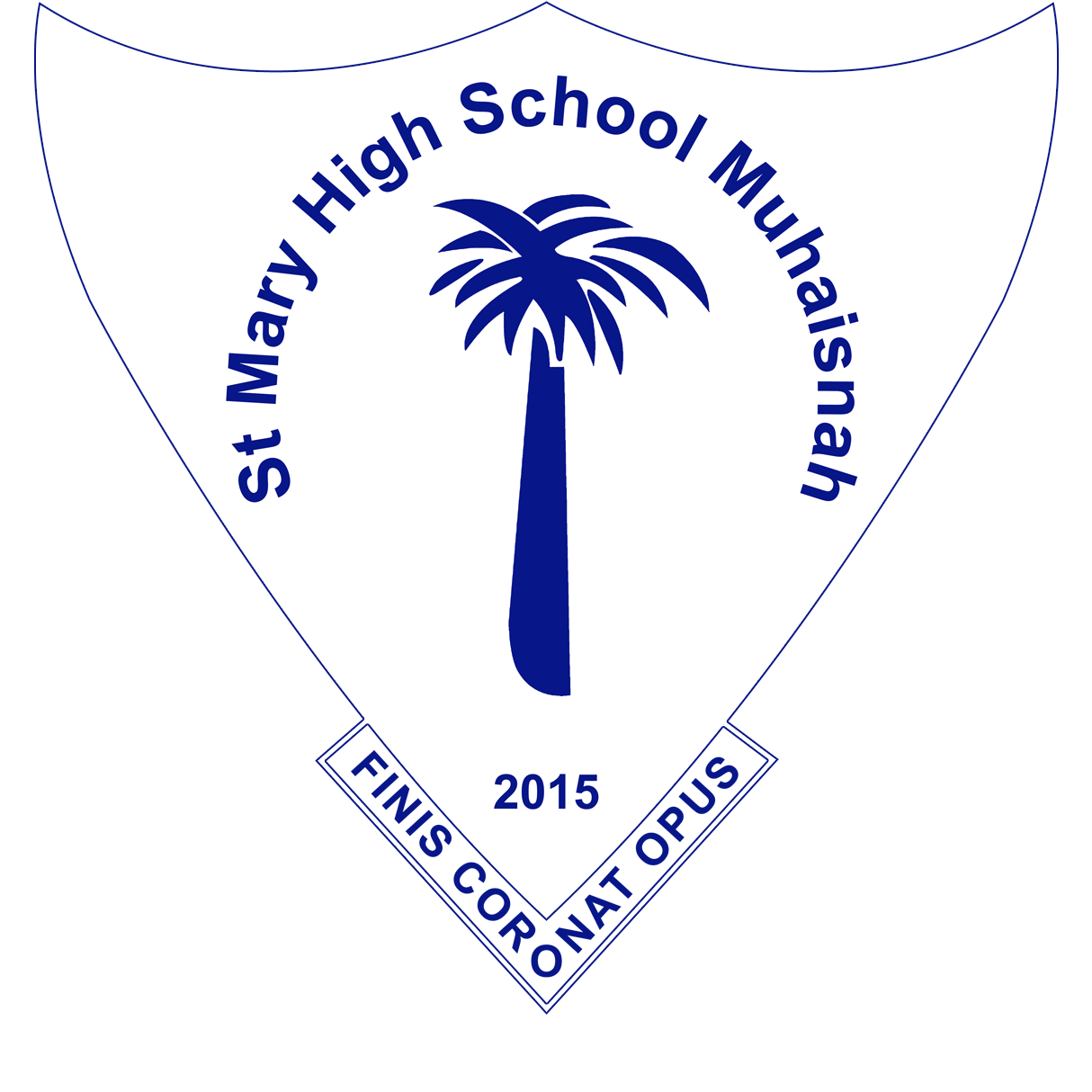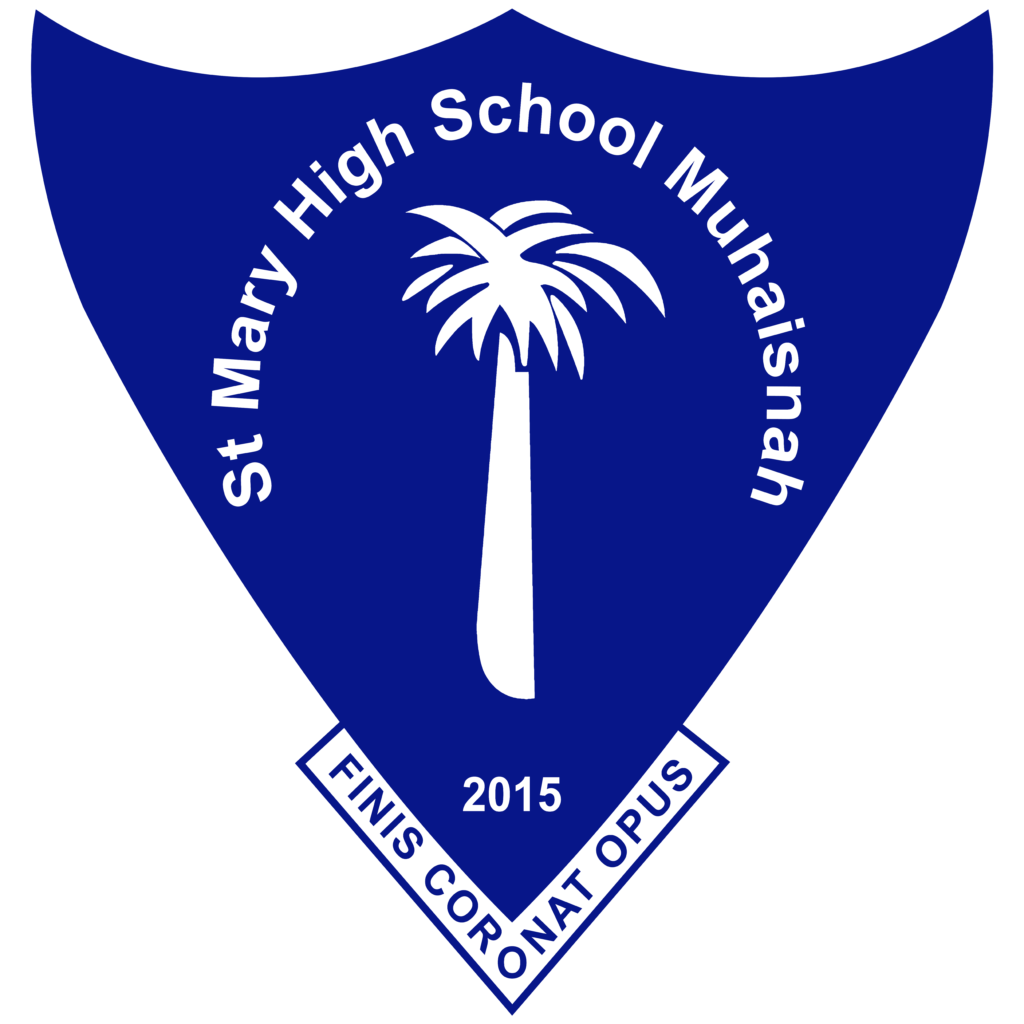KEY STAGE 3
In key stage 3, the aim is to equip our students with a vast array of skills which fall under the key skills in the National Curriculum: Reading, writing and speaking. The students study a range of texts: 19th century fiction, non-fiction, poetry, drama and modern prose. All texts are chosen carefully by teachers to ensure that students will be engaged in their learning, that they will meet the specific learning objectives that are outlined in the National Curriculum and that all students will be challenged appropriately. The students also study grammar skills and complete big writing tasks fortnightly.
‘Big Writing’ is a writing strategy used to raise the standard of writing amongst budding young writers. The approach focuses on the importance of oral rehearsal and the significance of the basic skills of punctuation, grammar and handwriting. Before writing, students discuss the vocabulary, sentence openers, connectives and punctuation they might use during their writing. All teachers have interactive wall displays where students display all their work that in turn, helps them in their writing task. Regular targets and informative feedback are also given to the students to help their progress. We have high expectations for all students during these writing activities as we scaffold the task enough to ensure that all students can achieve at a high standard.
All students engage in one guided reading lesson per week where they engage in group reading and complete tasks on the book or text provided. Again, all reading material and tasks are chosen by the teachers to ensure that students meet the learning objective specified. Improving students’ reading is a core aim in St. Mary’s Muhaisnah and as a result, all students compete in monthly competitions based on their reading abilities and comprehension of the texts they have read in a given month. During class time, students also compete in debates, informal and formal speeches, spoken word poetry, create TED talks about issues raised in texts, complete presentations on specific topics and partake in daily discussions about the material taught in class. Students use the skills learned in these lessons to partake in the spoken work events held in assemblies weekly. Students complete all of these tasks to certify that they are meeting the objectives of the National Curriculum and the overall vision for learning here in SMM.




